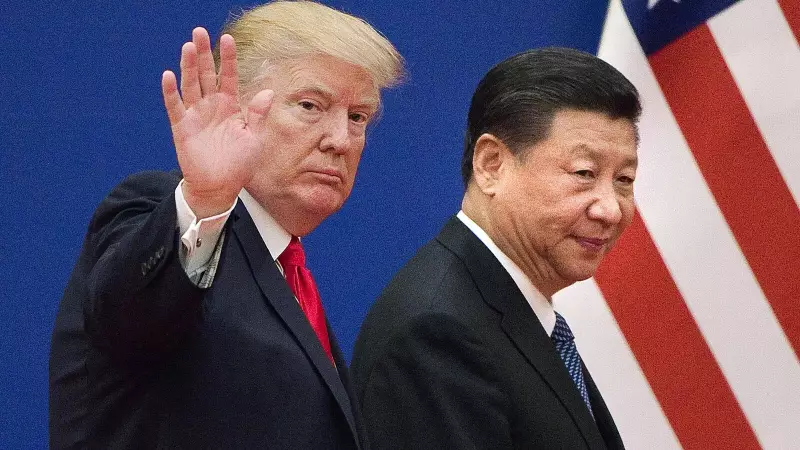
In a bold strategic move that could significantly escalate technological tensions, the Trump administration is reportedly considering imposing sweeping restrictions on American software exports to China. This potential retaliation comes as a direct response to Beijing's threats to limit rare earth metal exports—critical components in everything from smartphones to military equipment.
The Digital Counterstrike
According to sources familiar with the matter, US officials are exploring the possibility of using software export controls as their primary weapon in this high-stakes economic confrontation. The proposed measures would target China's access to American-developed software, potentially crippling numerous Chinese industries that rely on US technology.
Rare Earth: China's Strategic Advantage
China's dominance in rare earth metals gives Beijing considerable leverage in the ongoing trade dispute. These 17 chemical elements are essential for manufacturing modern technology, including:
- Smartphones and consumer electronics
- Electric vehicle batteries
- Military hardware and defense systems
- Renewable energy technologies
- Medical equipment and devices
With China controlling approximately 80% of America's rare earth imports, any restrictions from Beijing could severely impact US manufacturing capabilities.
Potential Global Ramifications
The proposed software export restrictions represent a significant escalation that could have far-reaching consequences for global technology supply chains. Industry analysts suggest that such measures would:
- Accelerate China's efforts to develop domestic software alternatives
- Force multinational corporations to choose between US and Chinese markets
- Potentially fragment global technology standards
- Impact the profitability of major US software companies
A New Frontier in Trade Warfare
This development marks a potential shift from traditional tariff-based trade disputes to more sophisticated technological warfare. By targeting software exports, the US administration appears to be leveraging America's strength in digital innovation to counter China's dominance in physical resources.
The timing of these considerations is particularly significant, coming amid ongoing negotiations and escalating rhetoric between the world's two largest economies. Both nations appear to be digging in for what could become a prolonged technological cold war.
As the situation continues to evolve, technology companies and manufacturers worldwide are closely monitoring these developments, aware that the outcome could reshape global trade dynamics for years to come.






